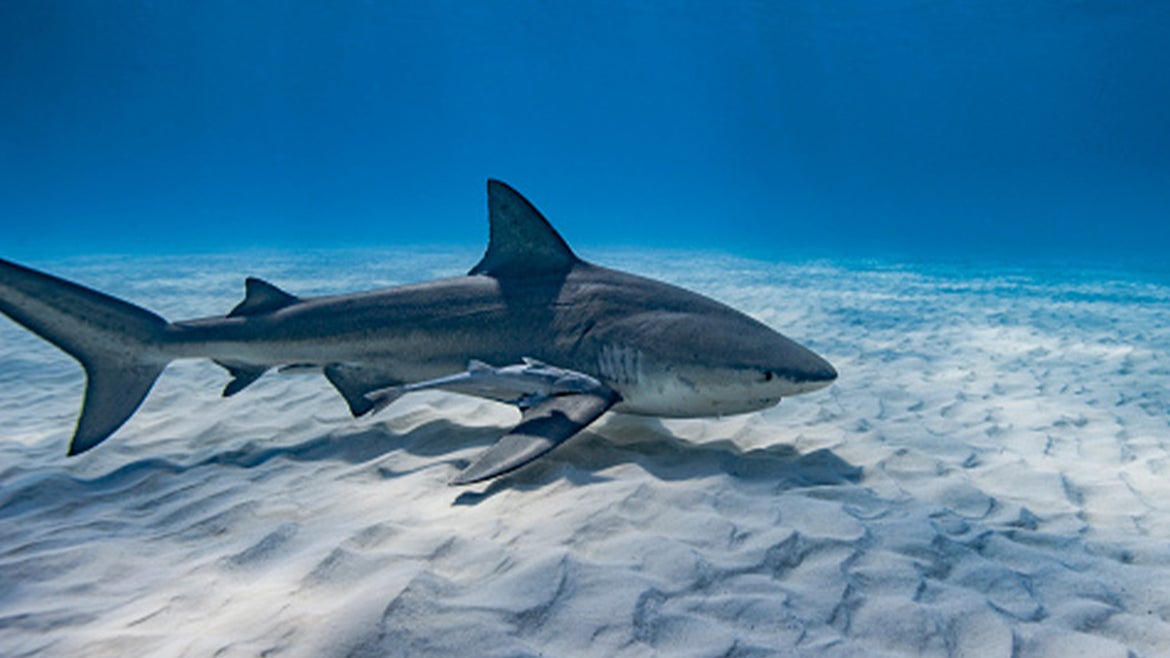"He reminds people that we are the intruders in the ocean, so be aware of every risk possible before getting in the water,” surfing instructor Atsushi Yamada said, after he was bit by a shark.
Shark experts are stumped after two separate shark attacks took place within one week of each other at two different Savannah, Georgia, beaches located approximately 18 miles apart, in an area that is relatively known to be shark-free, according to a published report.
On August 3, a lifeguard on South Carolina’s Hilton Head Island was checking the water conditions near Ocean Lake in Palmetto Dune when he was bitten in the chest area. He was sent to a hospital in Savannah by helicopter. He is now recovering CBS affiliate WTOC-TV reported.
On July 27, a popular surfing instructor was bit on his leg while he was leading one of his surfing classes near Tybee Island, Georgia.
Atsushi Yamada told WTOC that he was “sitting on his board helping a camper get back onshore,” when a “shark came up and bit him on the leg.” He said he was left with three gashes and said it was “a miracle” the shark didn’t attack the camper.
“I was very, very thankful, it’s almost a miracle, the shark didn’t get her,” Yamada said.
Yamada, who had plastic surgery on his leg from the bites said that the bite may have been from a juvenile bull shark or blacktip shark, based on what specialists told him.
"He reminds people that we are the intruders in the ocean, so be aware of every risk possible before getting in the water,” Yamada said.
On the same day Yamada was attacked, a shark bit a 15-year-old who was visiting Wrightsville Beach in North Carolina with his family. The boy had been standing in waist-deep water when he was bit and had to get more than a dozen stitches, according to the boy's father. Officials were almost certain it was a shark that attacked the teen, CBS reported.
According to the Florida Museum of Natural History's International Shark Attack File, South Carolina recorded just one unprovoked shark bite in 2020, and Georgia had none, CBS News reported.
Gavin Naylor, director of the Florida Program for Shark Research at the Florida Museum of Natural History told CBS News that one of the reasons why the sharks may be surfacing could be a result of baitfish in the waters that are attracting the predators.
“It’s a bit of a mysterious,” Naylor said. "When sharks do bite people, it's because they made a mistake. Why would two mistakes happen in such close proximity?”






